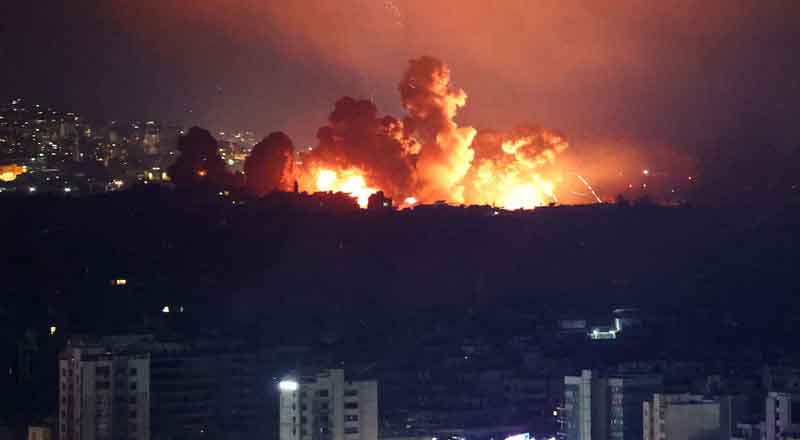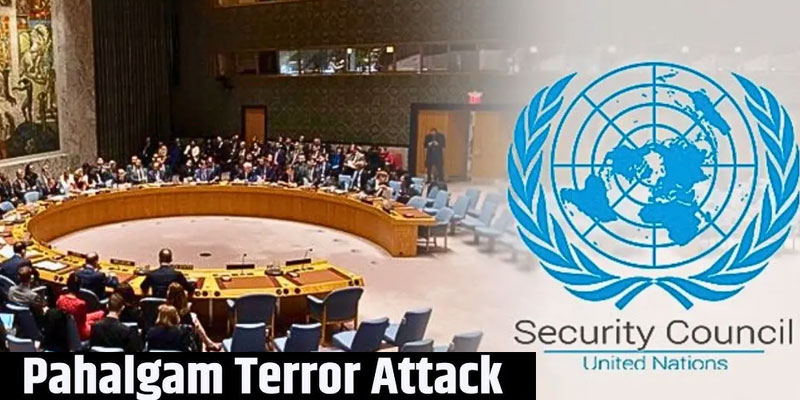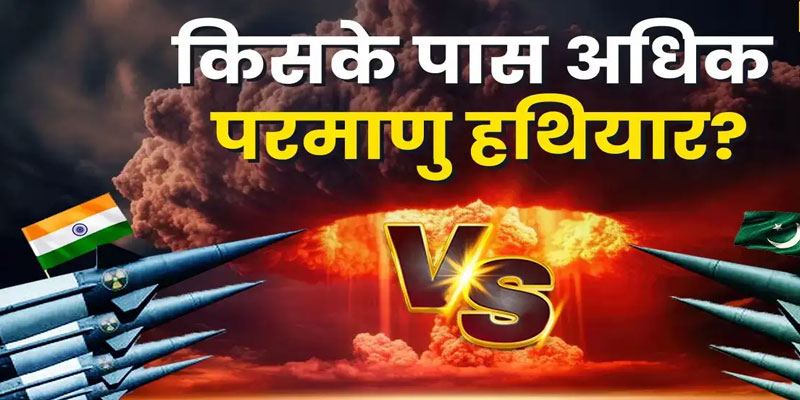The Israel-Lebanon Conflict and Regional Tensions
The Middle East has long been a region fraught with tension, marked by historical rivalries, religious divides, and shifting alliances. One of the most complex and enduring conflicts in the region is between Israel and Lebanon, particularly involving Hezbollah, a powerful militant group backed by Iran. This conflict has the potential to escalate into a wider regional war, drawing in global powers like the United States and affecting the delicate balance of peace in the area. Recent developments have brought these tensions to a boiling point, with Israel launching airstrikes deep into Beirut and both sides suffering casualties.
Israel’s Rare Strike on Central Beirut
On Thursday, Israel conducted a rare and devastating airstrike on central Beirut, marking the first time in years that it had targeted the heart of Lebanon’s capital. This strike killed nine people, including members of Hezbollah, the Iran-backed militant group that holds significant sway in Lebanon’s political and military landscape. The Israeli military claimed that it had also killed at least 15 Hezbollah members in separate attacks across Lebanon, emphasizing its ongoing campaign to neutralize the group’s influence.
The airstrike targeted a building in the central Bachoura district, close to Lebanon’s parliament, signaling Israel’s willingness to strike key locations in the capital. Three other missiles hit the southern Dahiyeh suburb, a Hezbollah stronghold, where several explosions sent plumes of smoke into the sky. Israel’s aggressive actions reflect its growing frustration with Hezbollah’s increasing military activities, which threaten Israel’s northern border and destabilize the region further.
Hezbollah Responds: Israeli Soldiers Killed
In retaliation, Hezbollah launched a fresh wave of attacks against Israeli military targets. One of the most significant was a bomb detonation that targeted Israeli soldiers infiltrating southern Lebanon. The explosion killed four Israeli soldiers, including a female paramedic, intensifying the already volatile situation. Hezbollah also claimed responsibility for a rocket attack on Israel’s Sakhnin base, located on the Mediterranean coast, in response to continued Israeli aggression.
Meanwhile, Israeli forces struck back, targeting a municipality building in Bint Jbeil, a town in southern Lebanon, reportedly killing 15 Hezbollah members and destroying a significant weapons cache. Civil defense teams linked to Hezbollah also suffered casualties, with seven staff members, including two medics, killed in the Beirut strikes.
U.S. and Iran’s Involvement: A Brewing Regional Conflict
The Israel-Hezbollah conflict is not limited to Lebanon’s borders; it has significant international implications, particularly due to Iran’s involvement. Iran has been a long-time backer of Hezbollah, providing financial and military support. The conflict between Israel and Hezbollah has drawn Iran into the fray, with Tehran launching a retaliatory missile attack against Israel earlier in the week. Israel, in turn, has vowed to respond with further strikes against Iranian interests.
In this charged atmosphere, U.S. President Joe Biden has discussed with Israel the possibility of launching strikes on Iran’s oil infrastructure. These talks reflect the deepening ties between the U.S. and Israel in confronting Iranian influence in the region. While Biden has not committed to supporting strikes on Iran’s nuclear facilities, the prospect of targeting its oil infrastructure has already impacted global oil prices, which have risen by 10% since Iran’s missile attack.
Israeli Evacuation Orders and Worsening Humanitarian Crisis
As Israeli forces press further into Lebanon, they have issued evacuation orders to over 20 towns in southern Lebanon, displacing more than 1.2 million people. The Lebanese authorities have reported that nearly 2,000 people have been killed since the beginning of Israeli attacks, the majority in the past two weeks. This humanitarian crisis is deepening by the day, as civilians are caught in the crossfire between Hezbollah and Israeli forces.
In a rare move, the Lebanese army has begun firing back at Israeli forces, a significant escalation that could signal a broader conflict. Historically, Lebanon’s military has stayed on the sidelines during Israeli-Hezbollah clashes, but the recent deaths of two Lebanese soldiers in Israeli airstrikes have prompted a shift in stance.
International Evacuations Amid Escalating Violence
As the conflict escalates, several foreign governments have started evacuating their citizens from Lebanon, particularly from the capital, Beirut. European, Asian, and Middle Eastern countries have organized flights and other means of transport to evacuate their citizens as the violence intensifies. Beirut’s international airport has become a focal point of these evacuations, although it remains under threat from Israeli airstrikes. Witnesses have reported large explosions near the airport, further complicating evacuation efforts.
Countries such as Greece and Cyprus have dispatched military aircraft to assist in evacuations, while other nations have relied on ferries and smaller vessels to transport their citizens to safety. Governments around the world are urging their nationals to leave Lebanon as soon as possible, as the situation in Beirut and southern Lebanon becomes increasingly dangerous.
The Broader Implications of the Conflict
The ongoing conflict between Israel and Hezbollah, with Iran and the U.S. on the sidelines, poses a significant risk of expanding into a larger regional war. While Israel claims its operations are aimed at ensuring the safety of its northern citizens, Hezbollah’s growing power in Lebanon and its willingness to retaliate against Israeli strikes complicates efforts to de-escalate the situation. The involvement of Iran, a major regional power with its own ambitions, has added fuel to the fire.
The stakes are high. Israel’s continued military actions in Lebanon could trigger further retaliation from Hezbollah and its allies, potentially drawing Iran further into the conflict. Meanwhile, the humanitarian toll continues to rise, with civilians bearing the brunt of the violence. As Israel and Hezbollah continue their exchange of fire, the prospects for peace in the region seem increasingly bleak.
A Conflict at a Critical Juncture
The Israel-Lebanon conflict, driven by deep-seated hostilities and geopolitical rivalries, is at a critical juncture. As both sides continue their military campaigns, and with the involvement of global powers like the U.S. and Iran, the potential for a wider regional war looms large. The coming weeks will be crucial in determining whether the conflict will escalate further or if diplomatic efforts can help de-escalate the violence and restore some semblance of stability to the region.
(With inputs from agencies)





